The Music & Video Games section is back on the occasion of the release of Chocobo GP: let’s discover together the composer of his predecessor, Kenji Ito
We were sorry to have to improvise an episode of Music & video games on the occasion of the disappearance of the historical composer of Dragon Quest Koichi Sugiyama, so we took the ball when a more cheerful opportunity arose to talk about Kenji Ito. One of the big names missing from the column that ended months ago with Stewart Copeland, the dear old man “Itoken”Has lent his musical talent to so many Square-Enix games without many of us noticing. Given the imminent release of Chocobo GP on Nintendo Switch, it seemed like the best time to talk about him.
After all, with Michele “Caparezza” Salvemini we had a slightly more mainstream connection to start, before dedicating ourselves to those who fill our game sessions with their own melodies without being talked about enough. And therefore, after having discussed at length Akira Yamaoka, Yoko Shimomura, David Wise, Motoi Sakuraba, Josh Mancell, Koji Kondo, Grant Kirkhope and Nobuo Uematsu, now it’s up to a name perhaps less known than the others. delight our ears. Open yours (or rather, pay attention to them): the train of notes, after hibernation, is about to start again.
Kenji, iizo!
Better known by the aforementioned nickname Itoken, good old Kenji Ito is known for being the mastermind behind the music of some of Square’s best-known and best-loved video games. We are referring to a curriculum of over thirty titles, among which the publisher’s two medium-known brands stand out. In fact it is none other than World of Mana and the series SaGa, which we will get to soon. For now, suffice it to say that Itoken has also composed and arranged songs for more than fifteen non-videogame projects, including albums, concerts and theatrical performances. As often happens in our specials, we are talking about a debut as a multi-instrumentalist already at a very young age.
It is not the only parallel with the other composers we have talked about so far: even in his case, on the advice of a professor he started writing scores for the reference publisher (in his case from 1990). Eleven years later, he embarked on a freelance career that led him to compose for many more games, further expanding his extra-gaming professional growth. In doing so, Ito also received the celebratory treatment that we have already seen in other episodes, complete with rearrangements of his piano pieces. But haven’t we missed any details so far?
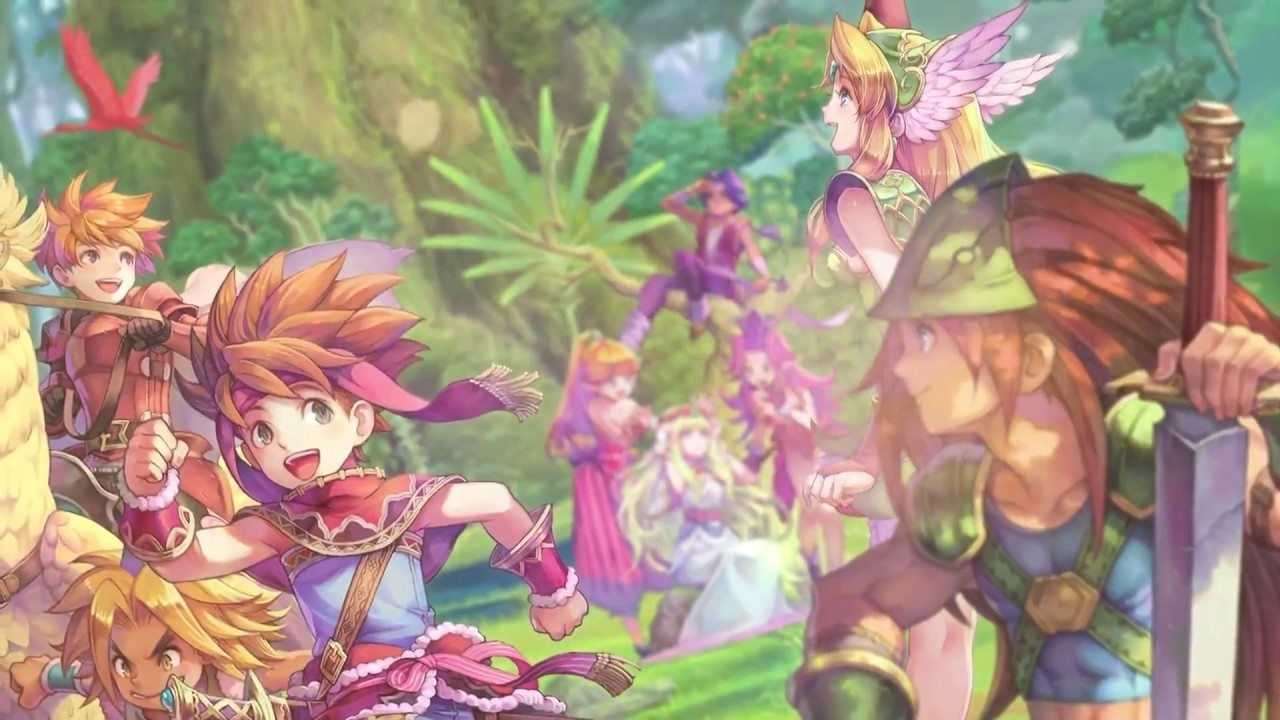
Biography take me away – Music & video games: Kenji Ito
We were talking about an interest in music “already at a very young age” in the case of Kenji Ito and we were not lying: well before the advent of video games, Itoken’s genius was already evident. Born in Tokyo the July 5, 1968, the author was pierced by Cupid’s dart for music when he was only four years old. Hearing the piano music coming every day from the door of a classroom in the company of his mother encouraged him to try his hand at it too. He wanted to learn how to use Yamaha’s Electone electronic organs (below), but a piano teacher convinced him to let it go. The study would run for the next six years.
After having turned ten, in fact, Ito started composing music, but not only. Brass instruments such as saxophone and clarinet also became part of the instruments he learned. Shortly before graduating, however, his dreams as a songwriter gave way to a career as a composer. Asking a professor for advice led him to choose the video game path, due to the recent success in Japan of Dragon Quest III (at the time published by a “single” Enix). In March 1990, once the door of HAL Laboratory and other software houses closed, it was Square who opened a door for him.
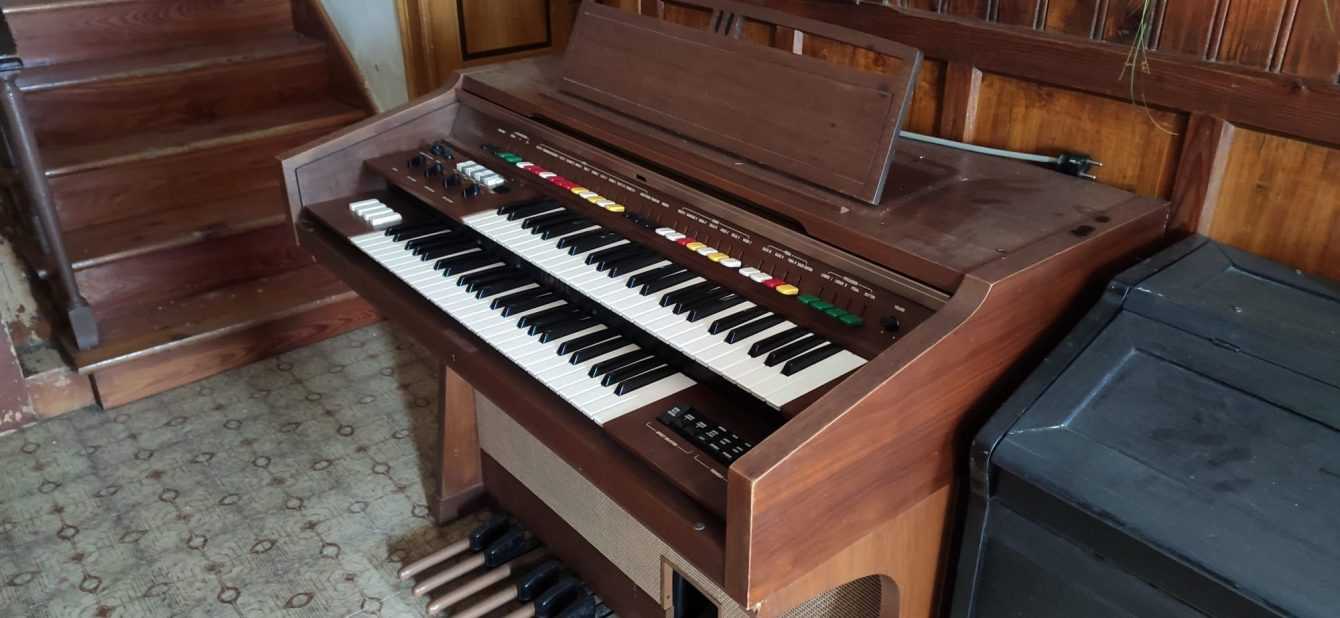
Superstar SaGa – Music & Video Games: Kenji Ito
His first project was with one of the franchises Ito is best known for, alongside one of the big shots at Square. The soundtrack of Final Fantasy Legend II, better known as SaGa 2, saw him alongside Nobuo Uematsu. The musical success of the project immediately led to the release of an album called All Sounds of SaGa, born from the combination of The Final Fantasy Legend, Final Fantasy Legend II and Final Fantasy Legend III. All the songs composed by Itoken have appeared on the album. The solo debut for the musician was with Final Fantasy Adventurealso for the Game Boy.
The most observant of you know him as the progenitor of the World of Mana franchise, given his presence in the trilogy Collection of Mana easily available on the marketplaces. For the moment we are only talking about a temporary flirtation, however, given the return to the SaGa series with the three Romancing SaGa on Super Nintendo. The triptych also generated the author’s first rearranged albums, with a French style for the soundtrack of the first (by Masaaki Mizuguchi) and an orchestral reinterpretation for the second (Ryou Fukui) and third (Taro Iwashiro). What about the other… saga?
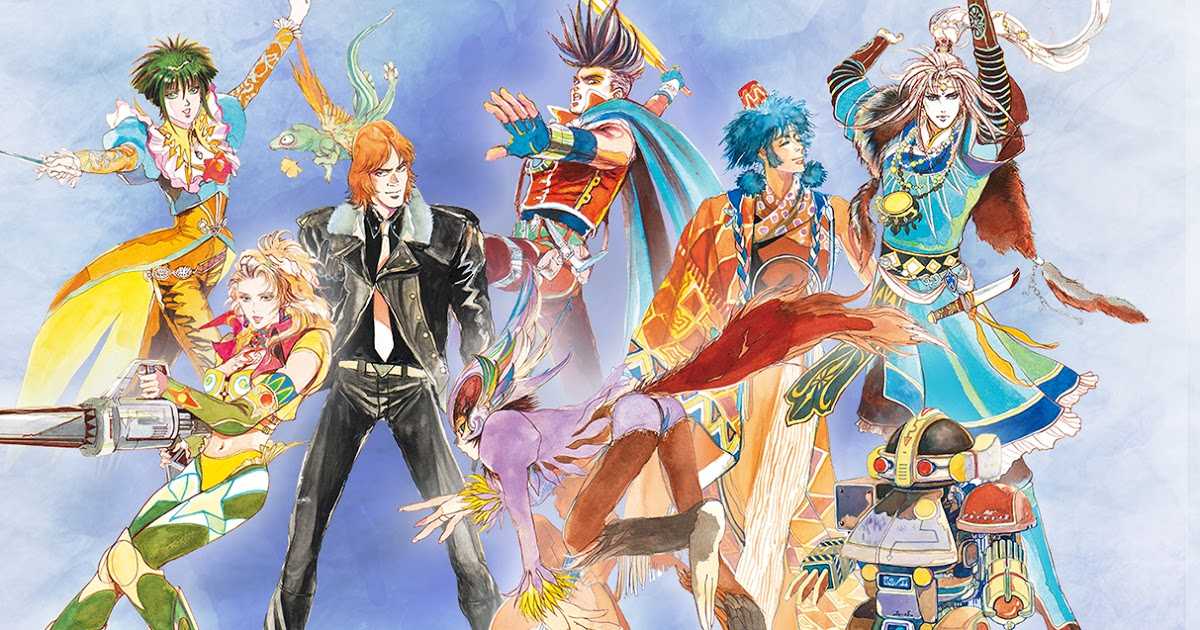
Mana mana – Music & video games: Kenji Ito
In theory, Ito should have continued with the Mana series to compose the music of Secret of Mana, but as the most attentive among you will remember the masterpiece for SNES bears the signature of Hiroki Kukuta due to the engagements with Romancing SaGa. 1995 represented the first title outside of Square’s two brands with Koi wa Balance, and then participated with seven other volcanic minds in the forgotten fighting game for PlayStation, Tobal No. 1 (below, still known for character design by Akira “Dragon Ball” Toriyama, who also worked on Dragon Quest).
Two years later, in 1997, SaGa Frontier represented a return to the comfort zone for Itoken, but the talented author was already ready to spread his wings to fly to new shores. We are talking about yellow and feathered wings, for two projects linked to the then newborn spinoffs focused 100% on Chocobo. The mounts seen in Final Fantasy were already in the second chapter of the dungeon crawler series Chocobo’s Dungeon 2, for which our composer only contributed part of the soundtrack. But it’s not this part of the Mystery Dungeon franchise (yes, the same as Pokémon) that we want to talk about.
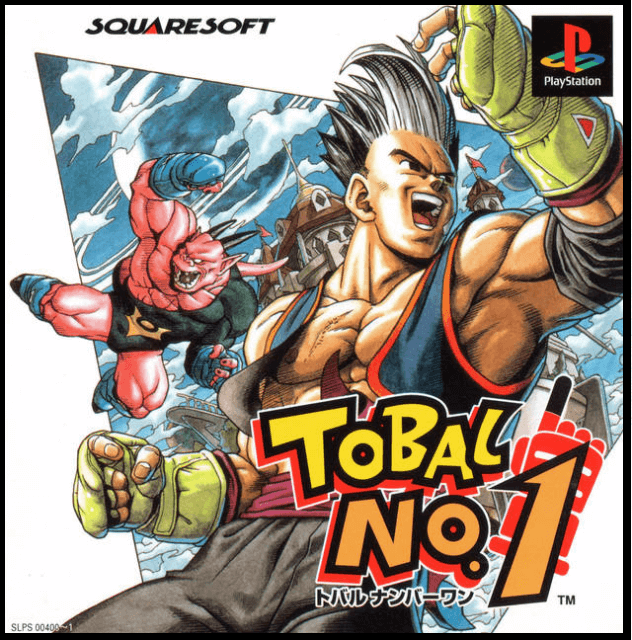
Ready, steady, Chocobo – Music & video games: Kenji Ito
This one-off (unless you want more; feel free to let us know) episode of our column acts as a tie-in to get back to talking about Chocobo Racing, whose entire soundtrack boasts the signature of Kenji Ito. We already know that this PlayStation exclusive will have a sequel, in turn exclusive to Nintendo Switch, called Chocobo GP (March 10), but we never talked about the music of the original. In this sense, we do not envy Hidenori Iwasaki (Front Mission) for the role assigned to him: overcoming Itoken’s rearrangements will be no easy feat.
Let’s talk about rearrangements because, as a spinoff of Final Fantasy, this first experiment by Square in the territory where Mario Kart dominates is actually full of songs born from the mind of the great Nobuo Uematsu. From the Final Fantasy VIII battle theme, Don’t Be Afraid, to the Cid theme from Hey Cid! of Final Fantasy IV, the winks at the chief orchestra director of role-playing games are wasted, although with an air that varies from the frenetic (the aforementioned Don’t Be Afraid, theme of the Final Fantasy VIII Circuit) to the dreamy (Crystal Legend, childish adaptation of the mythical Prelude).
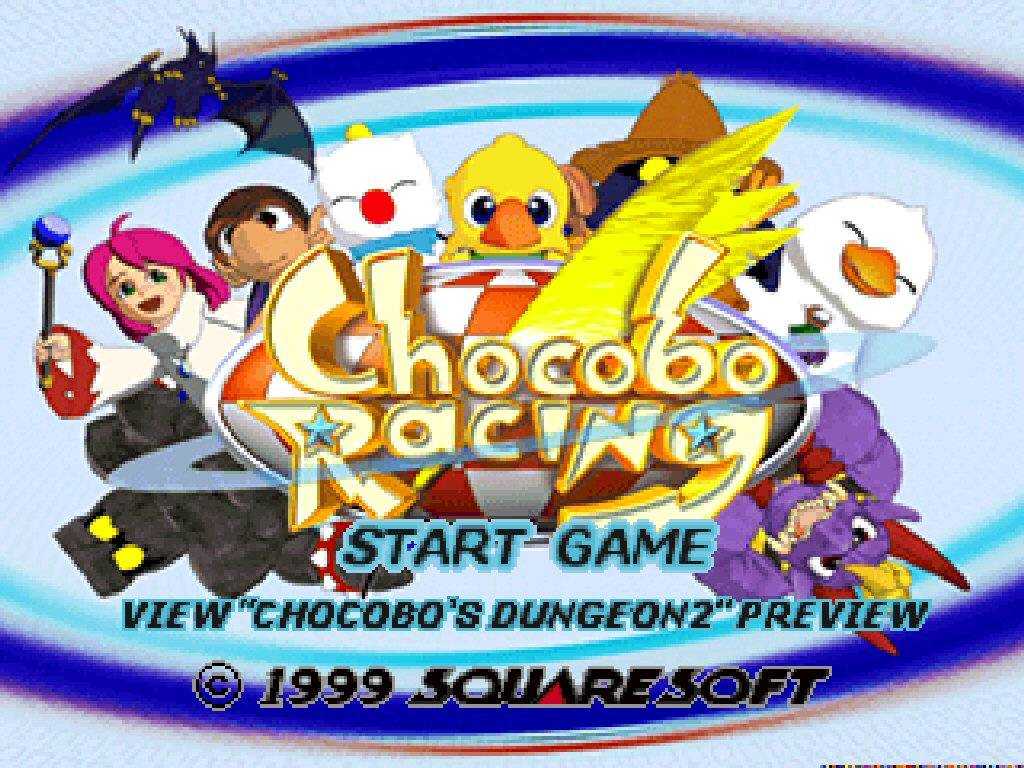
Farewell to the phoenix feathers – Music & video games: Kenji Ito
2001, as we said in our opening words, represented a new beginning for Kenji Ito, kicking off his career from freelance. The musician later stated that this move is aimed precisely at bringing his musical inspiration outside the mere videogame context. His first freelance engagement, however, was with the soundtrack of Culdcept II, which Ito still considers his magnum opus (thanks to the total creative freedom in this regard). This did not prevent him from indulging in some professional “fling with the ex”, consumatasi on GBA.
The Final Fantasy Adventure remake on the latest Game Boy has changed the name to a less ambiguous one Sword of Mana. It is not even the first major return to origins, given the contribution to the soundtrack of Romancing SaGa: Minstrel Song. The next Mana have been followed in their own right, seen (or rather, heard, speaking of Itoken) with Children of Mana and Dawn of Mana. After working on the third expansion of Cross Gate in 2004 ea Hero Must Die in 2007 (below), however, Kenji Ito’s inspiration opened up to other areassuch as albums, singles, concerts and even theater material.
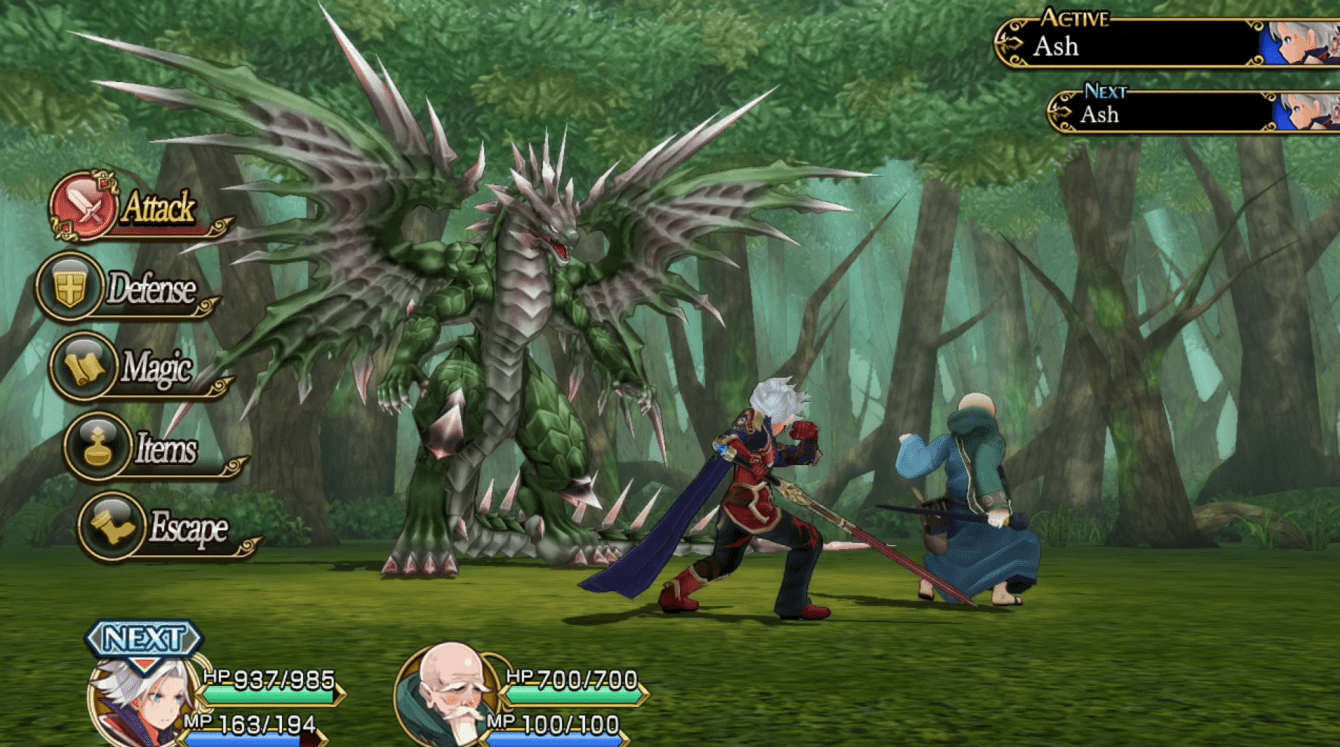
Itoken Live – Musica & videogiochi: Kenji Ito
On September 22, 2006, Ito performed at the Press Start 2006 live concert – Symphony of Games – as pianist, with an entire orchestra to accompany him. However, it was not the first similar event, given the collaboration with Manami Kiyota during the Manami Kiyota x Kenji Ito Collaboration Live on August 26 of the same year. The singer has in fact given voice to the melodies he composed. Given the union with the master Nobuo Uematsu, it is inevitable to mention that he played the piano at the band’s concerts The Black Mages. In 2007 and 2008 she participated in the respective Extra -Hyper Game Music Event 2007 and Christmas Live 2008 “gentleecho -prelude-” concerts.
In 2009, Itoken’s music was revived in a colossal tribute to his career: the “gentle echo meeting” held at the Uchisaiwacho Hall in Chiyoda, near Tokyo, on February 21, 2009. The event saw the collaboration of five musicians to reproduce eight of his songs, complete with a piano performance by Ito himself and discussions on music together with Masahiro Sakurai. The concert was born as a desire of the composer to present an event dedicated to his music, and it happens that the company that organized it, Harmonics International, was run by an old school friend of his.
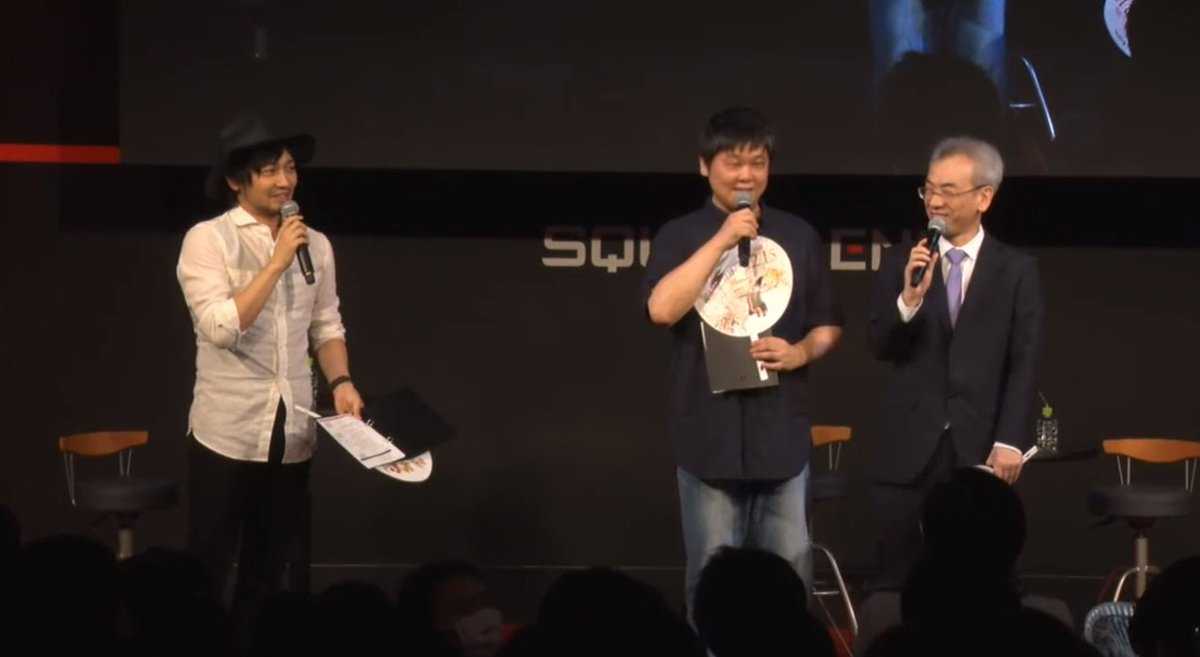
And in the end it always ends up there – Music & video games: Kenji Ito
No, you did not read wrong: we really said Masahiro Sakurai. You should know the game designer in question well, given our long guide dedicated to his latest project. All the music composed by Kenji Ito (whose companions in the dream team shown below have already been “guests” of our column) for Brawl and for Nintendo 3DS / for Wii U is back by force in Super Smash Bros. Ultimate. For the sake of completeness, we will briefly review his contribution to the most encyclopedic soundtrack in the entire history of video games. And that’s not an understatement at all, speaking of four-digit numbers, even if in the specific case of Itoken we are talking about seven songs.
In Brawl we have seen Space Armada for The Lylat System from the first Star Fox, Attack for The besieged castle da Fire Emblem: The Binding Blade e Title (Kid Icarus) per The celestial kingdom from the very first Kid Icarus. The fourth Smash on 3DS gave us Mute City Ver. 3 for …






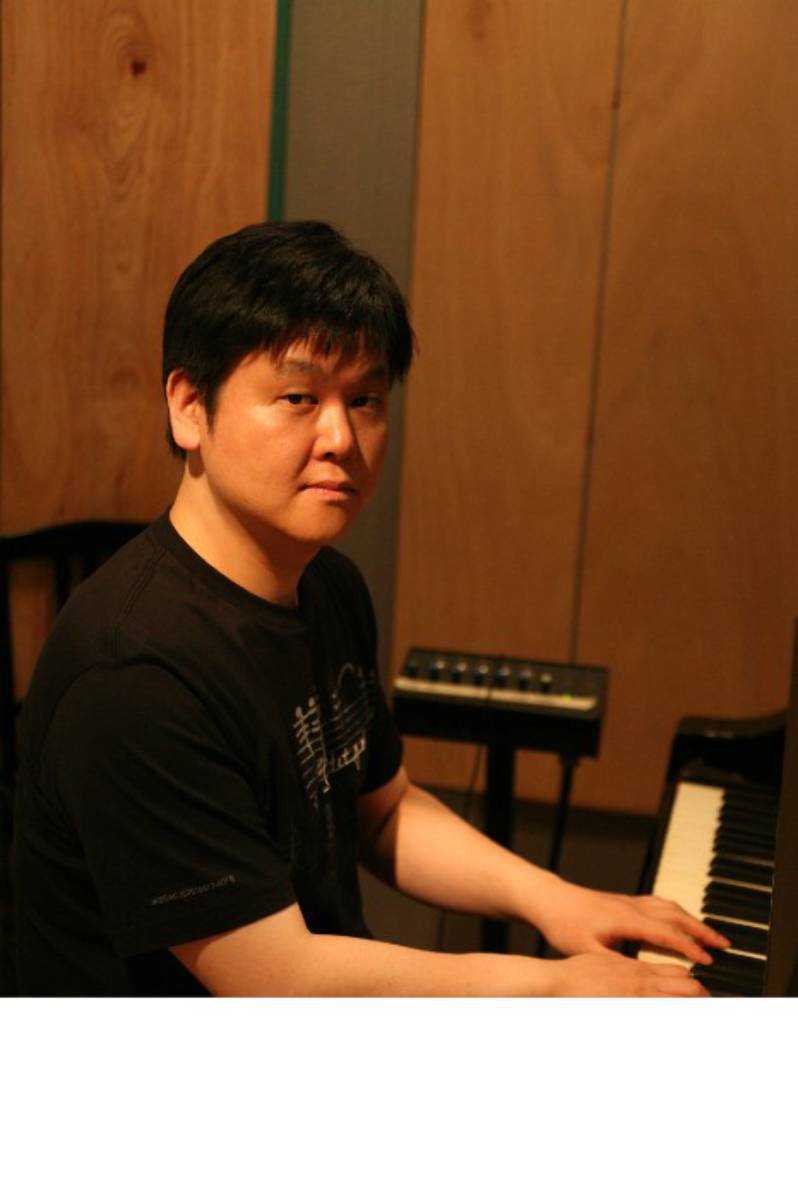






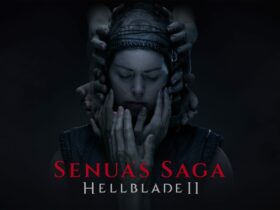
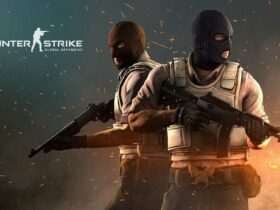
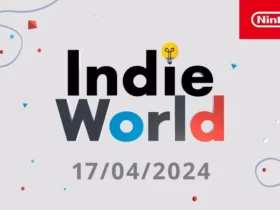
Leave a Reply
View Comments